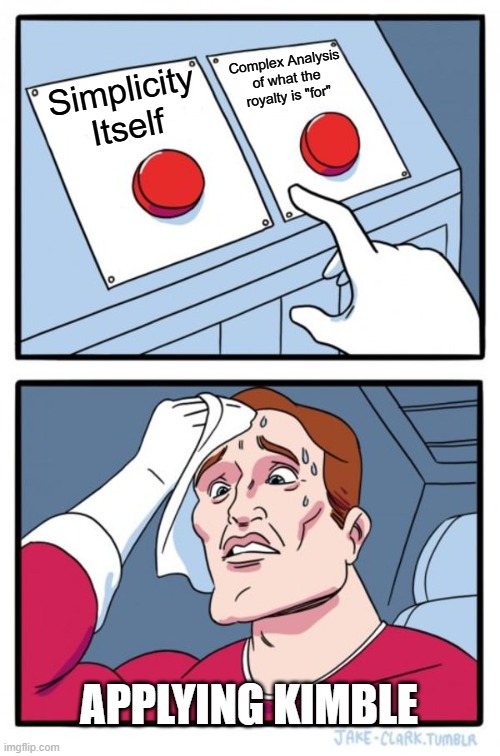by Dennis Crouch
I just read Atrium Medical's SCOTUS petition -- asking the court help resolve a circuit split involving the the Brulotte & Kimble doctrines that bars collecting royalties after a patent expires, even if agreed-to by contract.
In 1964, the Supreme Court established in Brulotte v. Thys Co. that "a patentee's use of a royalty agreement that projects beyond the expiration date of the patent is unlawful per se." 379 U.S. 29 (1964). The Court reaffirmed this rule in 2015 in Kimble v. Marvel Entertainment, LLC, where it held that "a patent holder cannot charge royalties for the use of his invention after its patent term has expired." 576 U.S. 446 (2015). The Kimble Court explained that this rule should be "simplicity itself to apply." A court "need only ask whether a licensing agreement provides royalties for post-expiration use of a patent. If not, no problem; if so, no dice." Importantly, license agreements can properly extend beyond a patent's expiration date if the post-expiration royalties are payments for something else—such as unexpired patents, trade secrets, or know-how—rather than for the continued use of the expired patent. Despite this straightforward directive, the circuits have split on how to determine what royalties are actually "for."
To continue reading, become a Patently-O member. Already a member? Simply log in to access the full post.
